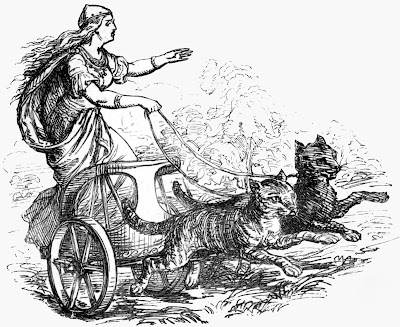Savior, like a bird to Thee,
Weary and wounded my soul would flee;
O let me fold my wings and rest
Peacefully, trustingly, on Thy breast.
Weary and wounded my soul would flee;
O let me fold my wings and rest
Peacefully, trustingly, on Thy breast.
- from the hymn "Savior, Like a Bird to Thee," by W. Howard Doane, 19th century





















